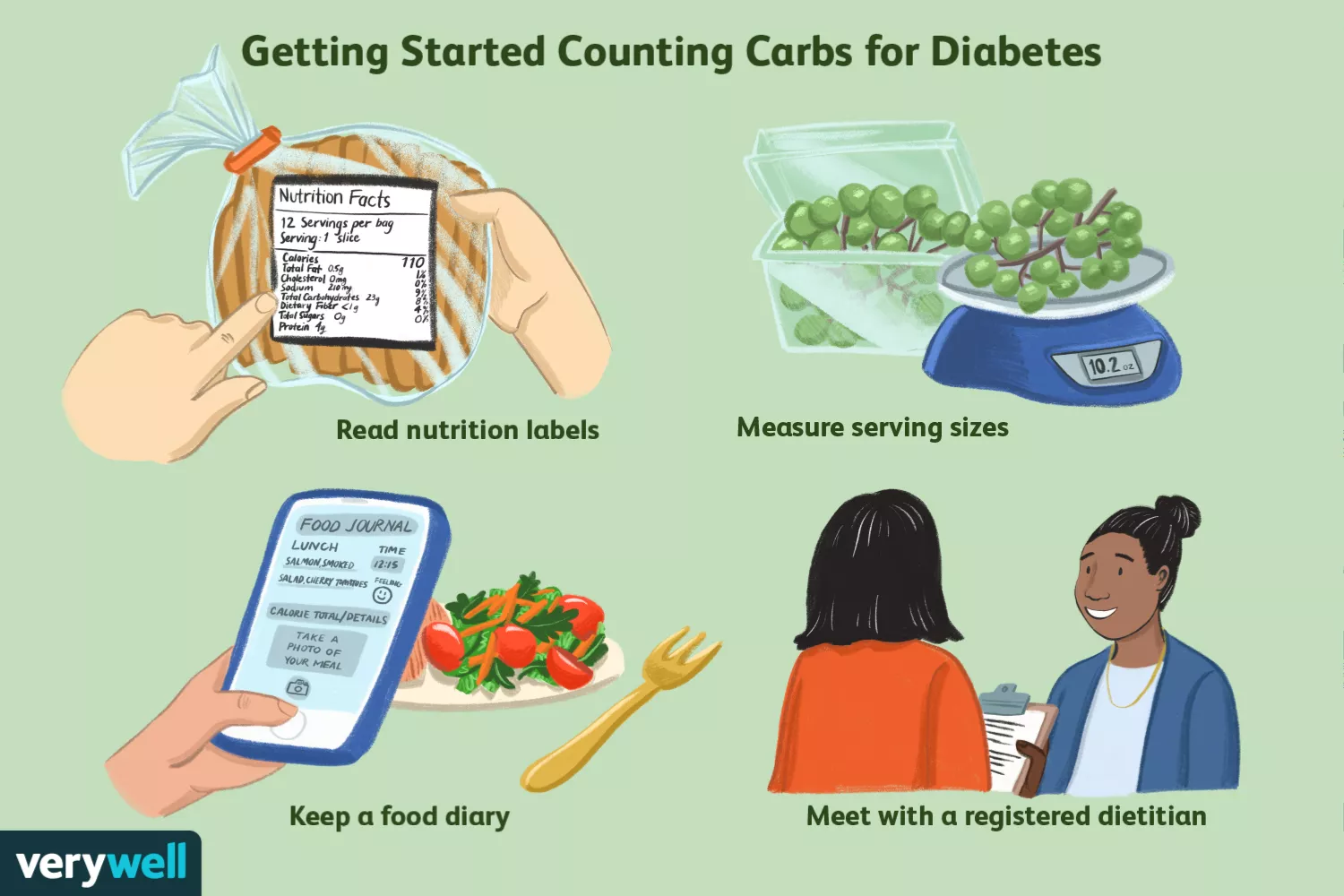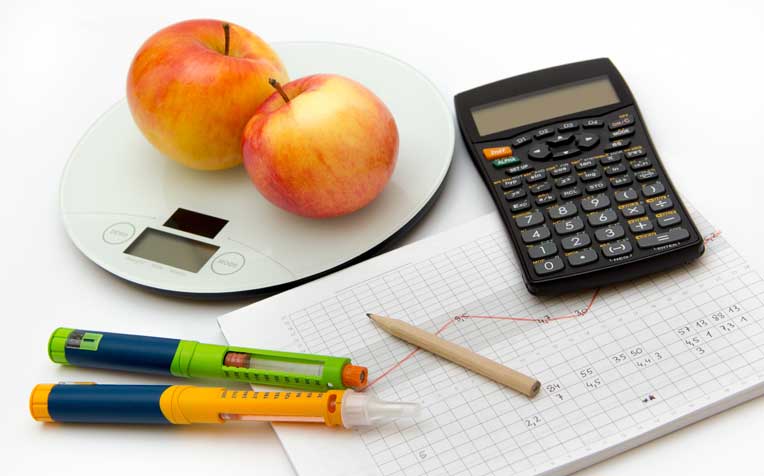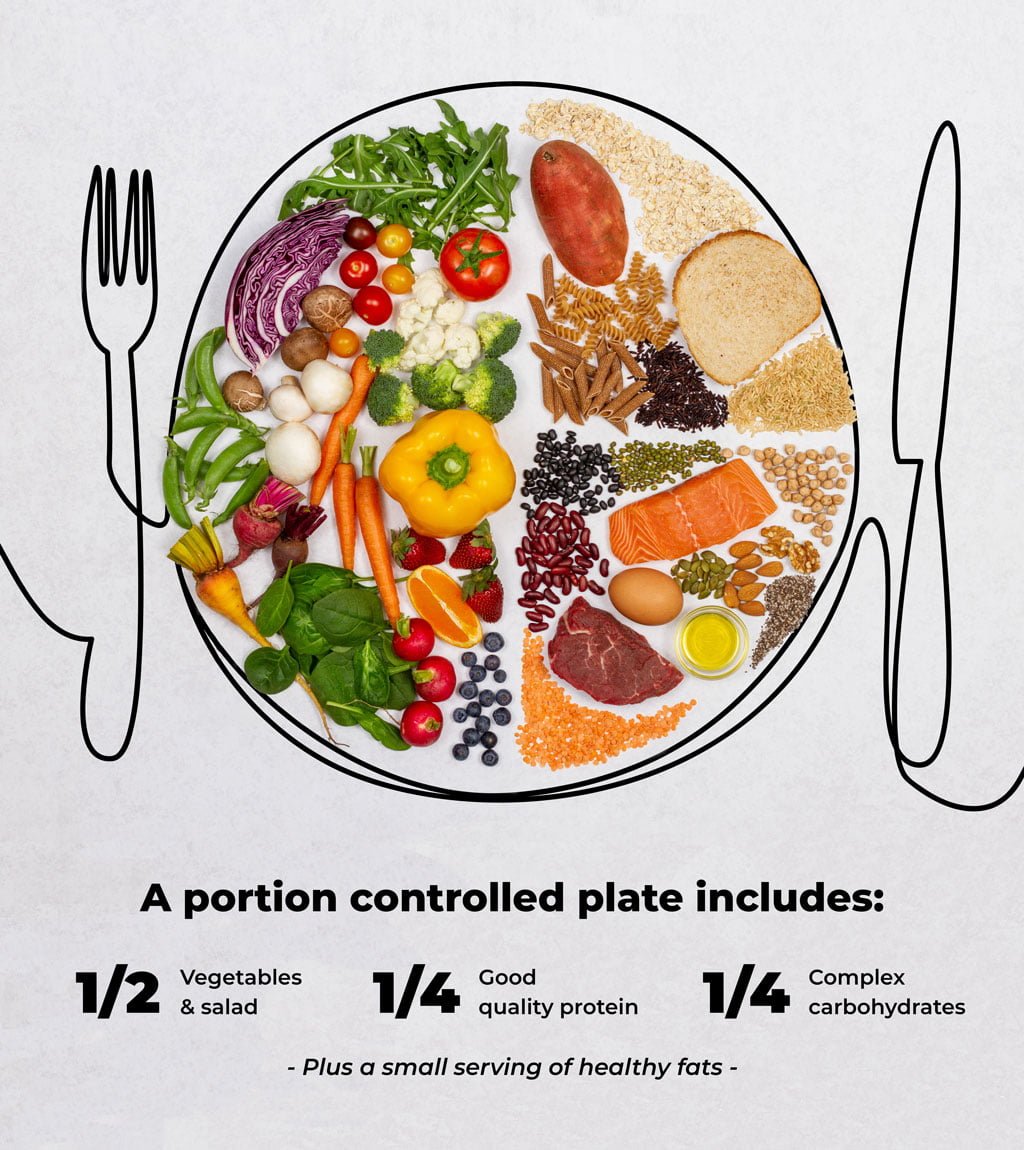Carb Counting 101: A Guide for People with Diabetes
Introduction to Carb Counting for Diabetes Management
Carb counting is a fundamental skill for individuals with diabetes seeking to manage their blood sugar levels effectively. Understanding how different carbohydrates impact blood sugar levels and learning to accurately count and track them can play a crucial role in maintaining optimal health and preventing complications. This guide aims to provide a comprehensive overview of carb counting for people with diabetes, offering insights into its importance, strategies for implementation, tools for accurate counting, and tips for successful integration into daily life. Whether you are newly diagnosed or looking to refine your diabetes management approach, this article will serve as an invaluable resource to enhance your carb counting knowledge and empower you to take control of your health.
1. Introduction to Carb Counting for Diabetes Management
– What is carb counting?

Carb counting is a method used by people with diabetes to track and manage their carbohydrate intake. It involves keeping track of the carbohydrates in the foods you eat and matching them with the appropriate dose of insulin or medication.
– Why is carb counting important for people with diabetes?
Carb counting is crucial for people with diabetes because carbohydrates have the biggest impact on blood sugar levels. By accurately counting carbs, individuals can better control their blood sugar levels and prevent spikes or drops that can lead to complications. It empowers people with diabetes to make informed choices about their diet and medication dosages.
2. Understanding Carbohydrates and their Impact on Sugar Levels
– Different types of carbohydrates
Carbohydrates come in various forms, such as sugars, starches, and fibers. Sugars include those naturally present in fruits and milk, as well as added sugars in processed foods. Starches are found in grains, potatoes, and legumes. Fibers, on the other hand, are a type of carbohydrate that the body cannot digest.
– How carbs affect sugar levels
When we eat carbohydrates, our bodies break them down into glucose, which enters the bloodstream and raises blood sugar levels. For people with diabetes, who have difficulties regulating blood sugar, understanding how different types and amounts of carbohydrates affect their levels is essential for maintaining stable glucose levels.
3. The Importance of Carb Counting in Diabetes Control
– Benefits of carb counting
Carb counting offers numerous benefits for people with diabetes. It provides a clear picture of how carbohydrates impact blood sugar levels, helping individuals make informed decisions about what and how much to eat. By understanding the relationship between carbs and insulin requirements, carb counting can lead to better blood sugar control, increased energy levels, and improved overall health and well-being.
– How carb counting helps in insulin management
Since carbs have the greatest impact on blood sugar levels, accurately counting them enables people with diabetes to adjust their insulin or medication dosages accordingly. By matching the amount of insulin to the number of carbs consumed, individuals can better manage their glucose levels and prevent highs or lows. This approach helps to fine-tune diabetes management and minimize the risk of complications.
4. Tools and Techniques for Accurate Carb Counting
– Food labels and nutritional information
Reading food labels and identifying the number of carbs per serving is an essential tool for accurate carb counting. Paying attention to portion sizes and knowing the carb content of common foods can help people with diabetes make more informed choices and keep track of their daily carbohydrate intake.
– Using measuring tools and portion control
Measuring tools, such as measuring cups and food scales, can be incredibly helpful for accurately gauging portion sizes. By familiarizing yourself with appropriate portion sizes and using these tools, you can ensure that you are counting carbs accurately and not underestimating or overestimating your intake. This precision can be particularly important for managing blood sugar levels effectively.
5. Creating a Personalized Carb Counting Plan
– Setting individualized carb intake goals
Carb counting is all about finding the right balance for your body. It’s important to set realistic and personalized carb intake goals that align with your unique needs and preferences. So, whether you’re a pasta lover or a bread addict, remember that moderation is key.
– Consulting with a healthcare professional
Don’t be shy about seeking help from a healthcare professional. They have the expertise to guide you in creating a carb counting plan that suits your lifestyle. They can help you understand the impact of carbohydrates on your blood sugar levels and provide valuable advice on portion control and food choices.
6. Strategies for Incorporating Carb Counting into Meal Planning
– Planning balanced meals with the right carb count
Creating balanced meals means including a variety of nutrients, not just carbs. By incorporating lean proteins, healthy fats, and fiber-rich foods alongside your chosen carbs, you can keep your blood sugar levels more stable. So, go ahead and pair that pasta with some grilled chicken and a side of veggies for a well-rounded meal. There is a free meal plan on Addysdiabeteshealthstore that will guide you on how you can prepare your meal.
– Meal prepping and portioning for convenience
Meal prepping can be a game-changer when it comes to carb counting. By preparing your meals in advance, you have better control over the carb content and portion sizes. It also saves you time and allows for quick and easy meal options during busy days. Plus, portioning your meals in advance helps prevent overindulging and keeps you on track.
7. Managing Sugar Levels with Carb Counting during Physical Activity
– Adjusting carb intake for different types of exercise
Exercise can have a profound impact on blood sugar levels. Depending on the intensity and duration of your workout, you may need to adjust your carb intake accordingly. Before hitting the gym or going for a run, consult with addysdiabeteshealthstore to determine the right amount of carbs to consume to keep your energy levels stable.
– Monitoring Sugar Levels during and after physical activity
While being active is beneficial for managing diabetes, it’s important to keep an eye on your blood sugar levels during and after exercise. Regularly check your glucose levels to ensure they stay within a safe range. This way, you can make any necessary adjustments to your carb intake and avoid any unwanted sugar surprises.
8. Overcoming Challenges and Tips for Successful Carb Counting
– Dealing with food choices outside of controlled environments
Carb counting can sometimes feel like a breeze when you’re in control of your environment, like when you’re cooking at home. However, when faced with dining out or eating at social gatherings, things can get a bit tricky. Remember to be flexible and make the best choices you can. Opt for lean proteins and veggies, and don’t forget to estimate your carb counts as best you can.
– Tips for estimating carb counts in restaurant meals
Estimating carb counts in restaurant meals may feel like playing a guessing game, but you can develop some handy tricks. Check the menu for descriptions that mention ingredients like rice, pasta, bread, or sugar. Look for portion sizes compared to familiar objects (is that steak the size of a deck of cards or a shoe?). And don’t be afraid to politely ask your server or even request nutritional information. With practice, you’ll become a carb-counting Sherlock Holmes in no time.In conclusion, mastering the art of carb counting is a key component of effective diabetes management. By understanding how different carbohydrates affect blood sugar levels and employing tools and techniques for accurate counting, individuals with diabetes can make informed decisions about their diet and insulin management. By creating a personalized carb counting plan and incorporating it into meal planning and physical activity, it becomes easier to maintain stable blood sugar levels and achieve better overall health. Although there may be challenges along the way, with perseverance and the tips provided, successful carb counting is within reach. Empower yourself with the knowledge and skills gained from this guide, and embark on a journey towards better diabetes control and a healthier lifestyle.
FAQ
1. How does carb counting help in diabetes management?
Carb counting helps individuals with diabetes manage their blood sugar levels by providing a method to estimate and monitor their carbohydrate intake. By accurately counting carbs, people can adjust their insulin doses accordingly and make informed decisions about their dietary choices.
2. Are all carbohydrates the same when it comes to blood sugar impact?
No, not all carbohydrates have the same impact on blood sugar levels. Different types of carbohydrates, such as simple sugars versus complex carbohydrates, are processed differently by the body and have varying effects on blood sugar. Understanding these differences can help individuals make better choices when it comes to meal planning and managing their blood sugar levels.
3. What tools can I use for accurate carb counting?
There are several tools available to assist with accurate carb counting. These include food labels, nutrition databases, smartphone apps, kitchen scales, and measuring cups. These tools can provide valuable information and ensure that carb counting is as precise as possible.
4. Can carb counting be challenging when eating out or in social settings?
Yes, carb counting can be more challenging when eating out or in social settings where portion sizes and carb content may be less predictable. However, there are strategies and tips available to estimate carb counts in restaurant meals and navigate social situations. Planning ahead, asking for nutritional information, and making educated guesses can help maintain control even in these situations.


